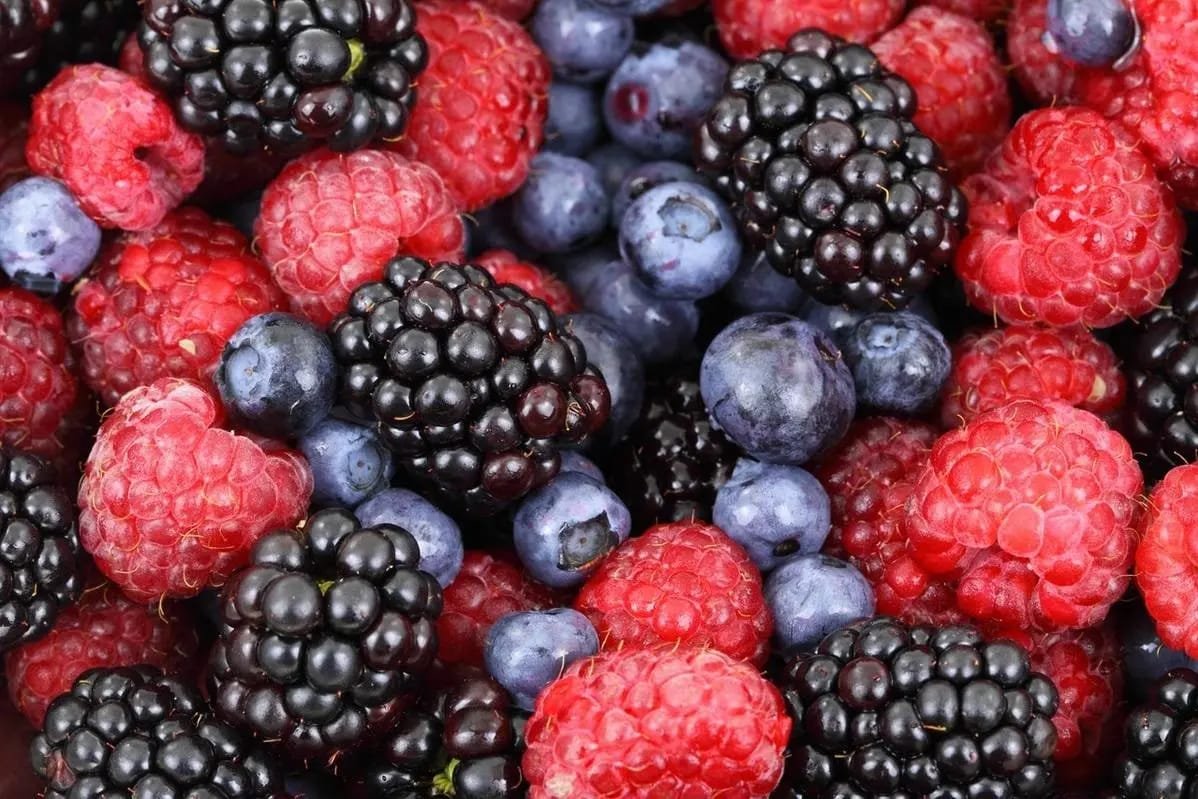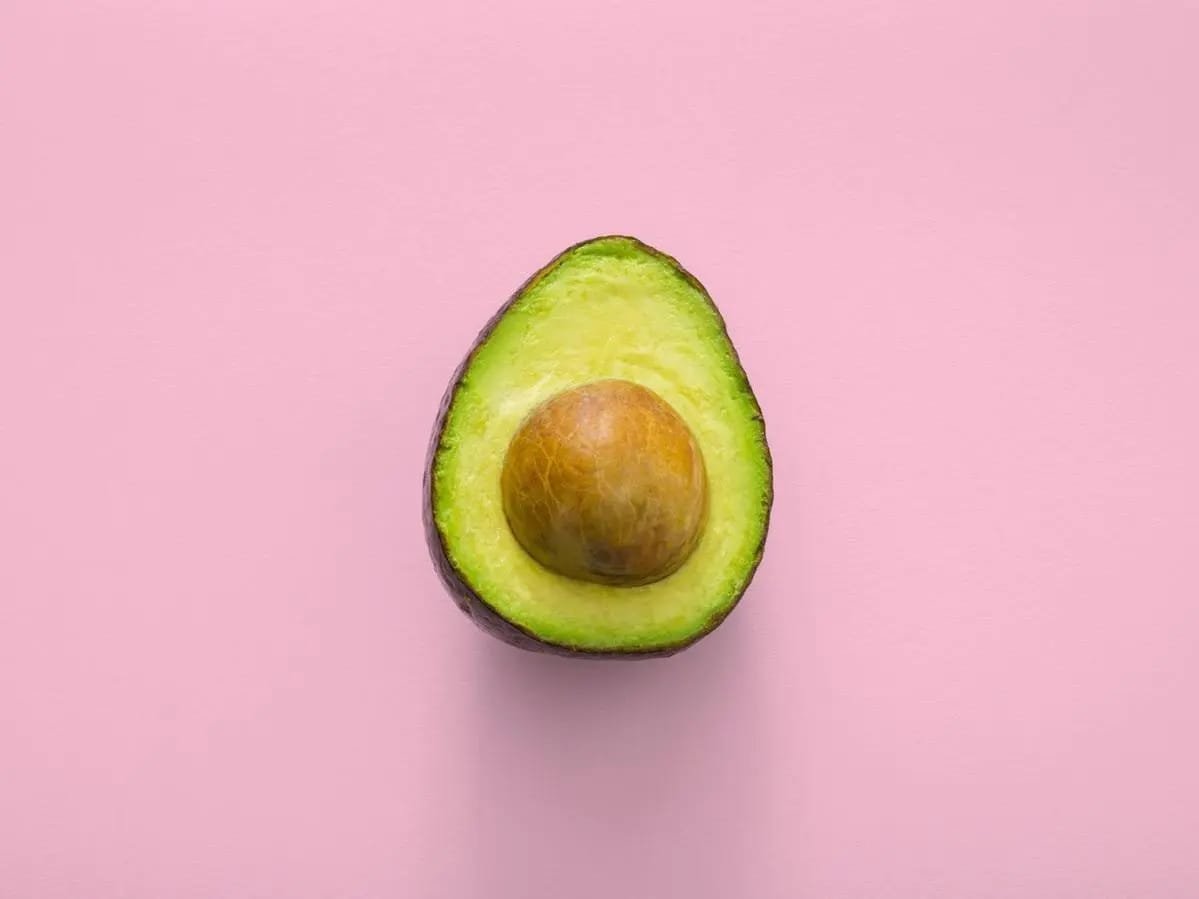Inflammation is a normal response of the body’s immune system, but excessive or prolonged inflammation can lead to pain and illness. The good news is that many foods can help fight this inflammatory response. Scientists believe that colored fruits and vegetables, whole grains, legumes and healthy fats have anti-inflammatory properties, and consistent intake of these nutrients can benefit heart, brain, and joint health. An anti-inflammatory diet can change with the seasons. What are the best anti-inflammatory foods to eat in spring? Let’s take a look at the “star anti-inflammatory foods” throughout the year. What are the anti-inflammatory foods

How it helps and harms the body?: Inflammation
Inflammation is part of your body’s healing mechanism — the reason why your knee swelled and turned red when you injured it. But this inflammatory repair process can sometimes go awry, lasting too long and harming instead of helping. When inflammation is caused by an ongoing problem , it can contribute to health problems. Over time, inflammation stemming from chronic stress, obesity, or an autoimmune disorder may potentially trigger conditions such as arthritis, heart disease, or cancer. It may also harm the brain. Researchers have found a link between higher levels of inflammation inside the brain and an elevated risk for cognitive decline and impairment. Regularly adding anti-inflammatory foods to your diet may help to switch off this process.
How to Help and Hurt the Body: Inflammation
Inflammation is part of the body’s healing mechanism and is what causes the knee to become red and swollen when injured. But this inflammatory repair process sometimes goes awry and lasts too long, causing damage. When inflammation is caused by an ongoing problem, it can lead to health problems. Over time, inflammation from chronic stress, obesity, or autoimmune disease can trigger conditions such as arthritis, heart disease, or cancer. Inflammation can also damage the brain. The researchers found a link between higher levels of inflammation in the brain and an increased risk of cognitive decline and injury. Regular intake of anti-inflammatory foods may help stop this process.

- Berries and watermelon in the summer, kale and beets in the winter. The recipe for anti-inflammatory foods to enjoy can change with the seasons.
- Berries and watermelon in summer, kale and beets in winter. An anti-inflammatory diet can change with the seasons.
Spring anti-inflammatory superstars, When the spring months arrive, look for asparagus, apricots, avocados, carrots, mushrooms, and celery.
When the spring months arrive, look for asparagus, apricots, avocados, carrots, mushrooms, and celery.

Spring Anti-Inflammatory Foods
When spring comes, eat asparagus, apricots, avocados, carrots, mushrooms and celery.
Summer anti-inflammatory superstars
Summer is prime time for many types of produce, and you’ll have lots of choices. Berries are a great anti-inflammatory option. Try different varieties of blueberries, blackberries, and strawberries. Also reach for cherries, eggplant, zucchini, watermelon, green beans, honeydew melon, okra, peaches, and plums.
Summer anti-inflammatory foods
Summer is prime season for a variety of produce, and your options are plentiful. Berries are excellent anti-inflammatory foods. There are different kinds of blueberries, blackberries and strawberries to choose from. Also eat cherries, eggplant, zucchini, watermelon, green beans, honeydew melon, okra, peaches and plums.
Fall, anti-inflammatory superstars
Nothing says fall like a crisp, crunchy apple. But there are a host of other anti-inflammatory foods to try as well, such as cabbage, cauliflower, garlic, peas, ginger, and all types of lettuce.

Fall Anti-Inflammatory Superstar
When it comes to autumn, crunchy apples come to mind. But there are plenty of other anti-inflammatory foods to try, like cabbage, cauliflower, garlic, peas, ginger, and a variety of lettuce.
Winter anti-inflammatory superstars
In the cold winter months, think green. Many green leafy vegetables star during this season, including kale, collard greens, and swiss chard. Root vegetables like beets are another great and hardy winter option. Reach for sweet potatoes and turnips. Other options to try are kiwi fruit, lemons, oranges, and pineapple.In cold winters, consider green foods. Many leafy greens are popular this season, including kale and Swiss chard. Root vegetables such as beets are also good and hardy winter choices. Sweet potatoes and turnips are also available. Other options include kiwi, lemon, orange and pineapple.

Winter anti-inflammatory superstars
Whenever possible, when you choose an anti-inflammatory food try to substitute it for a less healthy option. For example, trade a muffin for a fresh-berry fruit salad, or a plate of French fries for a baked sweet potato. Making small trades in your diet can add up to big health benefits over time.
When possible, try substituting an anti-inflammatory food for less healthy foods. For example, swap a muffin for a fresh berry salad, or a plate of chips for a roasted sweet potato. Making small changes in your diet can be very helpful over time.
Read more updates and tips about health on http://www.facefof.com
